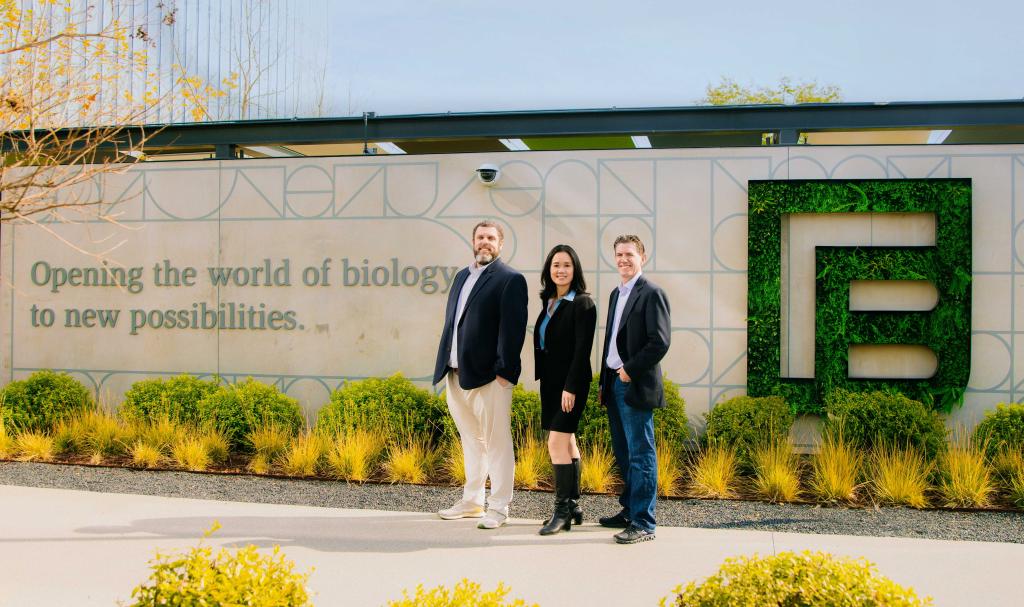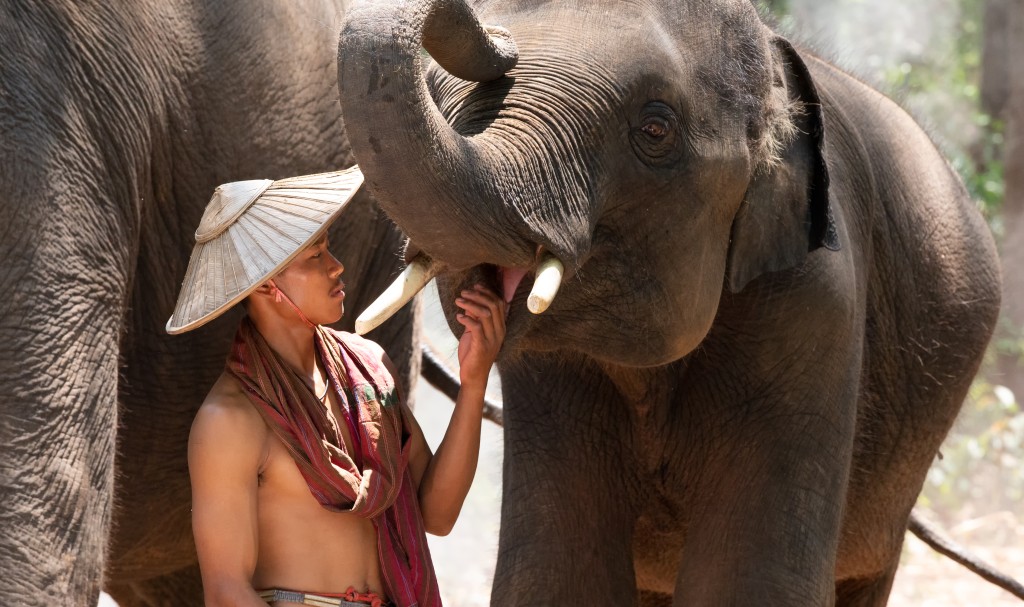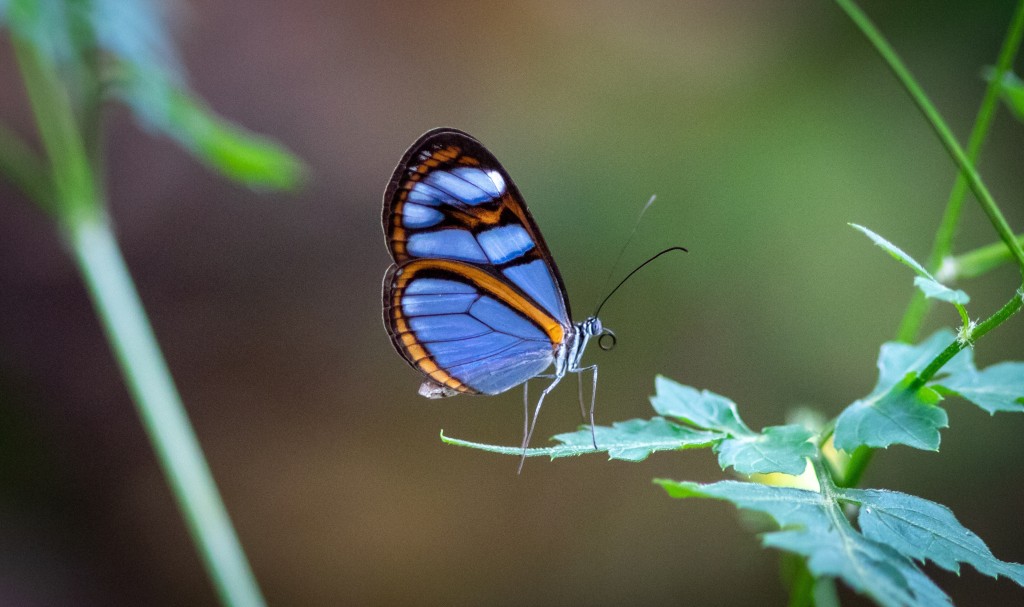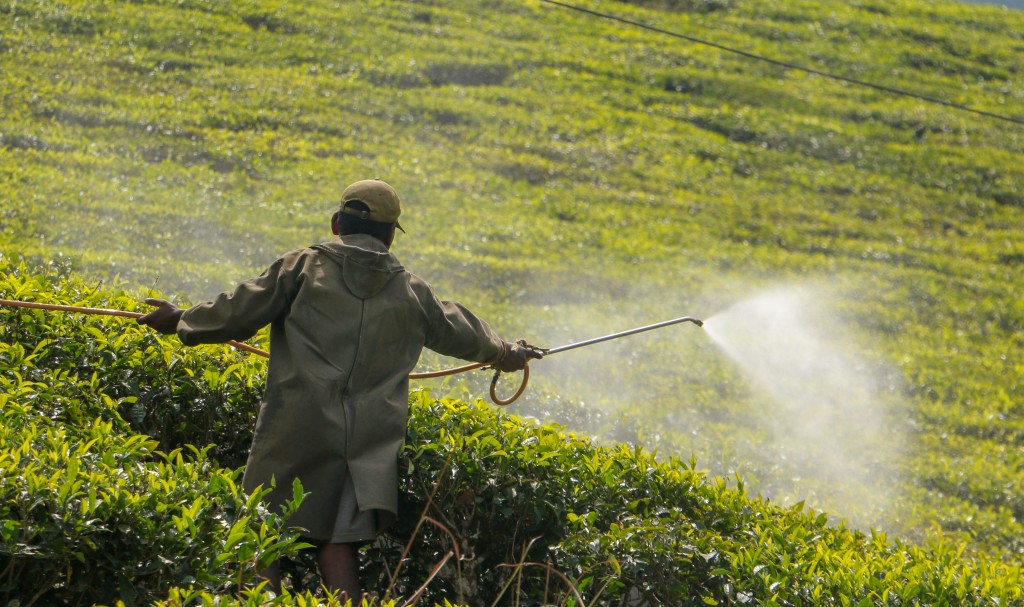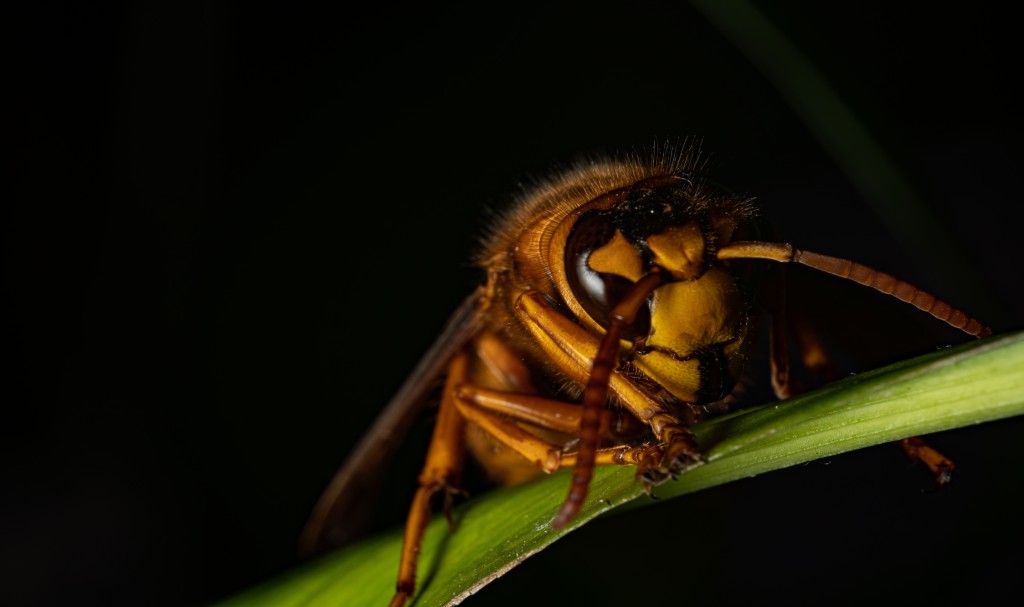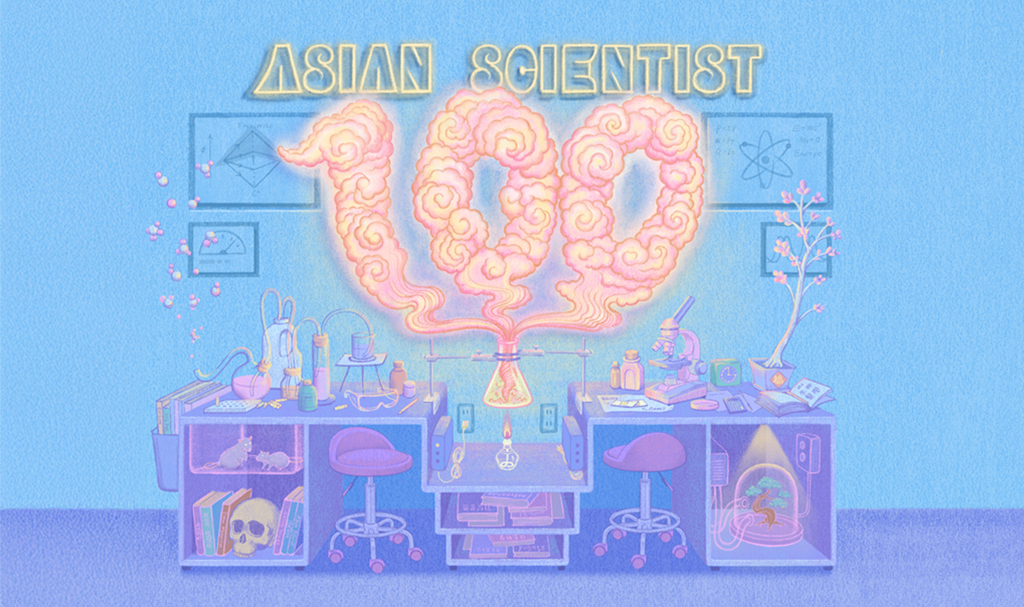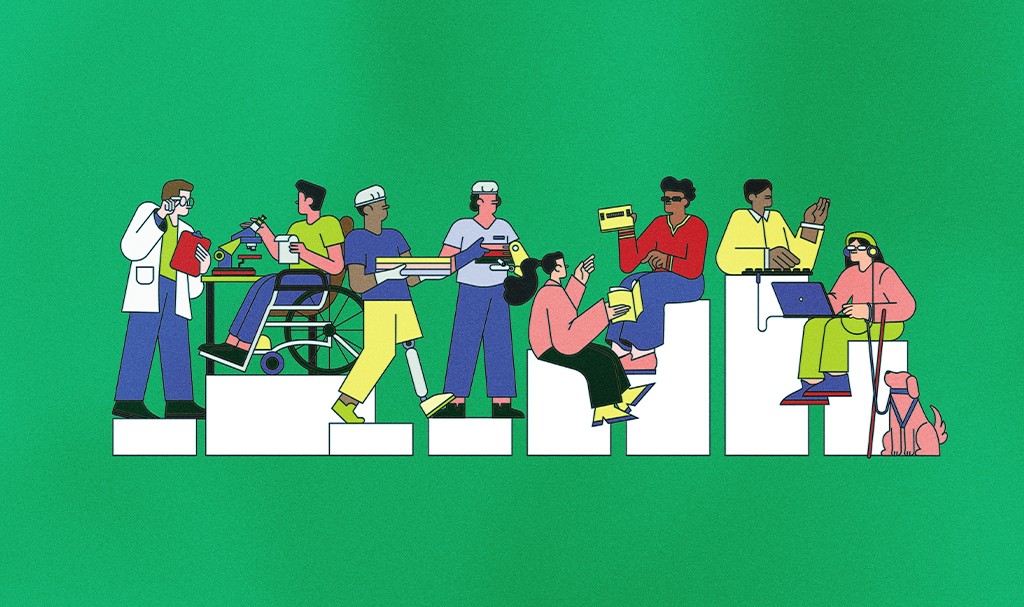
LATEST NEWS
Clogged Brain Drains May Be An Early Warning Sign Of Alzheimer’s
‘Drains’ in the brain that remove toxic waste can get blocked, a phenomenon more likely in those showing early symptoms of Alzheimer’s.
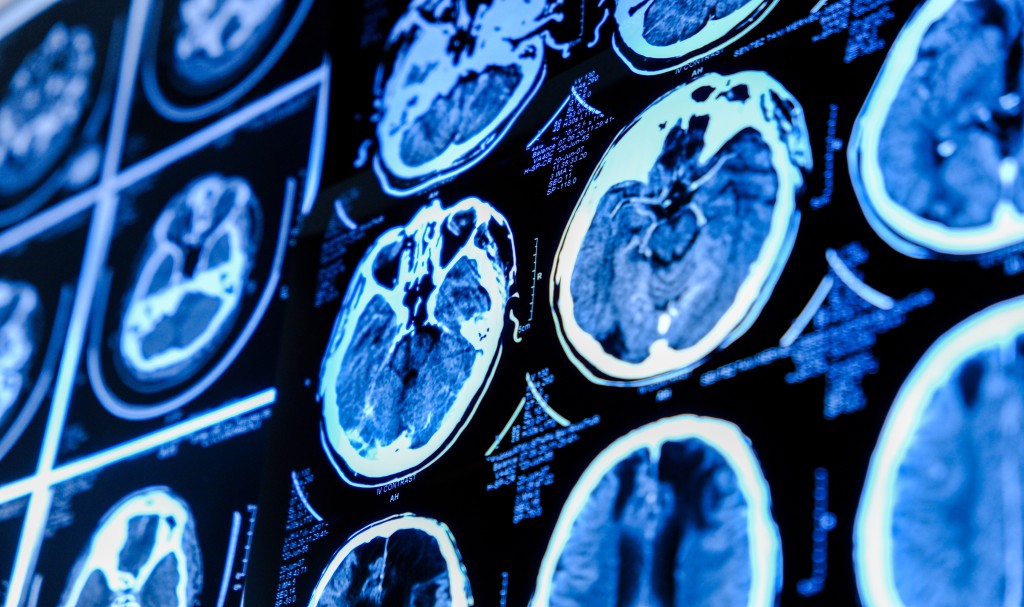
Building The Future Of Biology: A Conversation With Molly He Of Element Biosciences
Element Biosciences is breaking down barriers in genomics by bringing laboratory-grade sequencing and multi-omics technology to scientists everywhere.
How Asian Elephants Decide You’re Worth Talking To
Body and face orientation both matter when elephants decide it’s worth communicating.
Rising Pollution Moves Rainfall From Land To Sea In Southeast Asia
Researchers in Korea have found that aerosols intensify ocean rainfall while delaying land storms, altering Southeast Asia’s climate balance.
Simple DNA Switch Lets Butterflies Change Wing Spots
A unique DNA element found only in satyrid butterflies enables them to change wing patterns as environmental conditions shift.
Liquid Marbles Could Lead To Greener Pesticides That Don’t Slide Off Leaves
Liquid marble are a promising solution but multiple hurdles remain in applying them on field.
India’s Trees Are Flowering Out of Season—and Citizen Scientists Are Noticing
A study shows how casual social media posts and rigorous citizen science initiatives complement each other.
Beyond The Hospital Walls: How Vinmec Is Reshaping Vietnam’s Healthcare Future
Vinmec, one of Vietnam’s most advanced private healthcare system, leverages university partnerships to accelerate translational research and ensure high-quality treatment is accessible and effective for patients across Vietnam.
Bringing Lifesaving Research From The Bench to Bedside
To overcome translational challenges, Vietnam’s international healthcare system, Vinmec, combines research and clinical expertise under the same roof for quicker and more effective outcomes.
City Life Forces Two Rival Hornets To Coexist By Changing What They Eat
In non-urban areas, the two species consumed similar prey, reflecting their natural competitive relationship.


